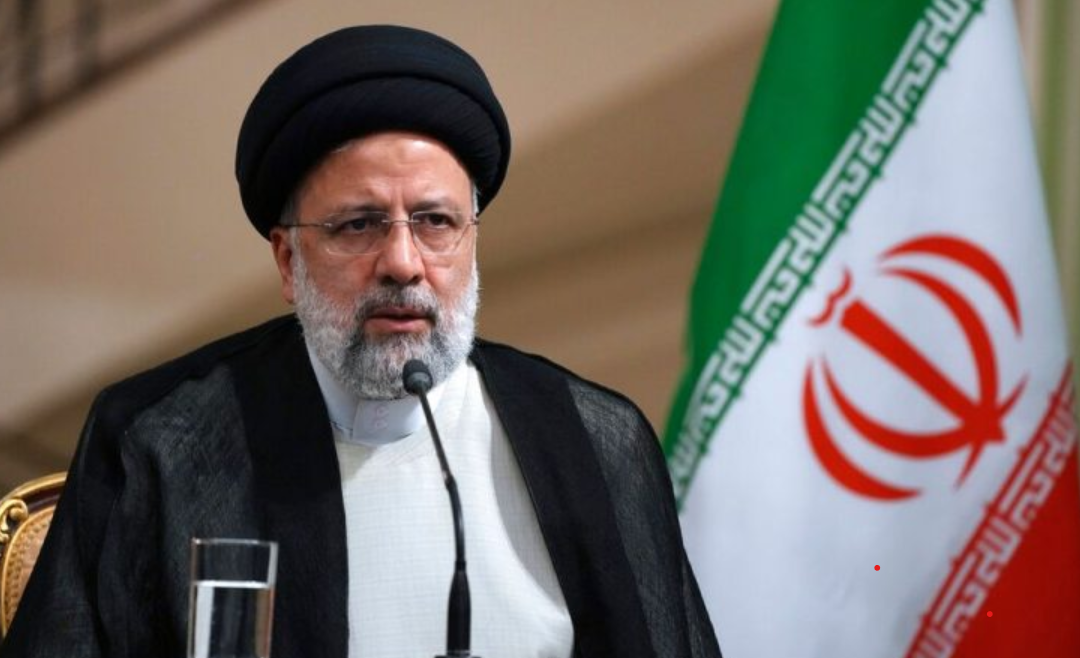the world woke up to shocking news: global markets plunge as Iranian President’s death sparks Middle East conflict. The sudden demise of Iran’s leader has sent shockwaves through the financial world, creating a ripple effect that has led to market instability and economic uncertainty. Investors and analysts are scrambling to understand the full implications of this geopolitical crisis.
Immediate Impact on Global Markets
The immediate impact of the Iranian President’s death was felt across all major financial markets. Stocks plummeted, oil prices surged, and currencies fluctuated wildly. This dramatic reaction underscores the delicate balance of global markets and how sensitive they are to geopolitical events.
1. Stock Markets Crash
Stock markets around the world experienced significant drops as news of the President’s death and the ensuing conflict spread. The Dow Jones Industrial Average fell by over 800 points, while the S&P 500 and NASDAQ also saw substantial losses. European and Asian markets were not spared, with indices such as the FTSE 100 and the Nikkei 225 dropping sharply.
2. Oil Prices Surge
The Middle East is a critical region for global oil supplies, and any instability there can lead to dramatic changes in oil prices. Following the news, Brent crude and WTI crude prices soared to their highest levels in years. This surge is driven by fears of supply disruptions and potential damage to key oil infrastructure.
3. Currency Volatility
Currencies across the globe experienced heightened volatility. The U.S. dollar initially strengthened as investors sought a safe haven, while the Iranian rial plummeted. Emerging market currencies, particularly those in the Middle East, faced significant devaluation as investors pulled out funds to reduce exposure to risk.
Factors Contributing to the Market Plunge
Several factors contribute to the severe market reactions following the Iranian President’s death. Understanding these elements can help clarify why the financial world is so deeply affected.
1. Geopolitical Tensions
The death of the Iranian President has exacerbated existing geopolitical tensions in the Middle East. The region has long been a hotspot for conflict, and the power vacuum left by the President’s sudden demise has heightened fears of escalation. Neighboring countries and global powers are on high alert, contributing to market anxiety.
2. Economic Sanctions and Trade Disruptions
Iran has been under significant economic sanctions for years, affecting its ability to trade freely on the global stage. The death of the President and the resulting instability could lead to further sanctions or trade disruptions, affecting not just Iran but also its trading partners. This potential for increased economic isolation adds to the market’s uncertainty.
3. Investor Sentiment and Panic Selling
Investor sentiment plays a crucial role in market stability. The sudden and unexpected nature of the President’s death led to panic selling as investors moved to protect their assets. This rapid sell-off exacerbated market declines, creating a self-fulfilling cycle of fear and loss.
Long-term Economic Consequences
While the immediate impacts are severe, the long-term economic consequences of this event could be even more profound. Analysts are beginning to consider how prolonged instability in Iran might reshape the global economic landscape.
1. Energy Market Reconfigurations
If the conflict in the Middle East persists, we could see a significant reconfiguration of global energy markets. Countries may seek to diversify their energy sources, reducing dependence on Middle Eastern oil. This shift could spur investment in alternative energy and impact oil-exporting nations’ economies.
2. Global Supply Chains
The Middle East is a crucial hub for global trade routes. Prolonged conflict could disrupt supply chains, leading to shortages and increased costs for goods. Industries heavily reliant on Middle Eastern resources, such as petrochemicals and manufacturing, might face significant challenges.
3. Financial Market Regulations
The volatility caused by such geopolitical events might prompt regulatory bodies to implement new measures to safeguard financial markets. These regulations could aim to reduce market susceptibility to geopolitical shocks, potentially altering how global markets operate.
Conclusion
Global markets plunge as Iranian President’s death sparks Middle East conflict, creating immediate and long-term repercussions. The intertwined nature of geopolitical stability and financial markets has never been more evident. As investors navigate this turbulent period, the world watches closely to see how events unfold and shape the future of global economics.
FAQ
Q: Why did global markets react so strongly to the Iranian President’s death? A: The death triggered fears of increased geopolitical instability in a critical region, leading to panic selling, higher oil prices, and currency fluctuations.
Q: How are oil prices affected by the Middle East conflict? A: The Middle East is a major oil-producing region. Instability there can lead to supply disruptions, driving up prices due to anticipated shortages.
Q: What are the potential long-term impacts on global supply chains? A: Prolonged conflict could disrupt trade routes and supply chains, leading to shortages and higher costs for various goods and industries worldwide.
Q: How might financial regulations change in response to such events? A: Regulatory bodies might introduce measures to protect markets from geopolitical shocks, potentially altering global financial operations and investor strategies.
Q: What should investors do during such volatile times? A: Investors are advised to stay informed, diversify their portfolios to mitigate risk, and consider seeking advice from financial experts to navigate market volatility.



